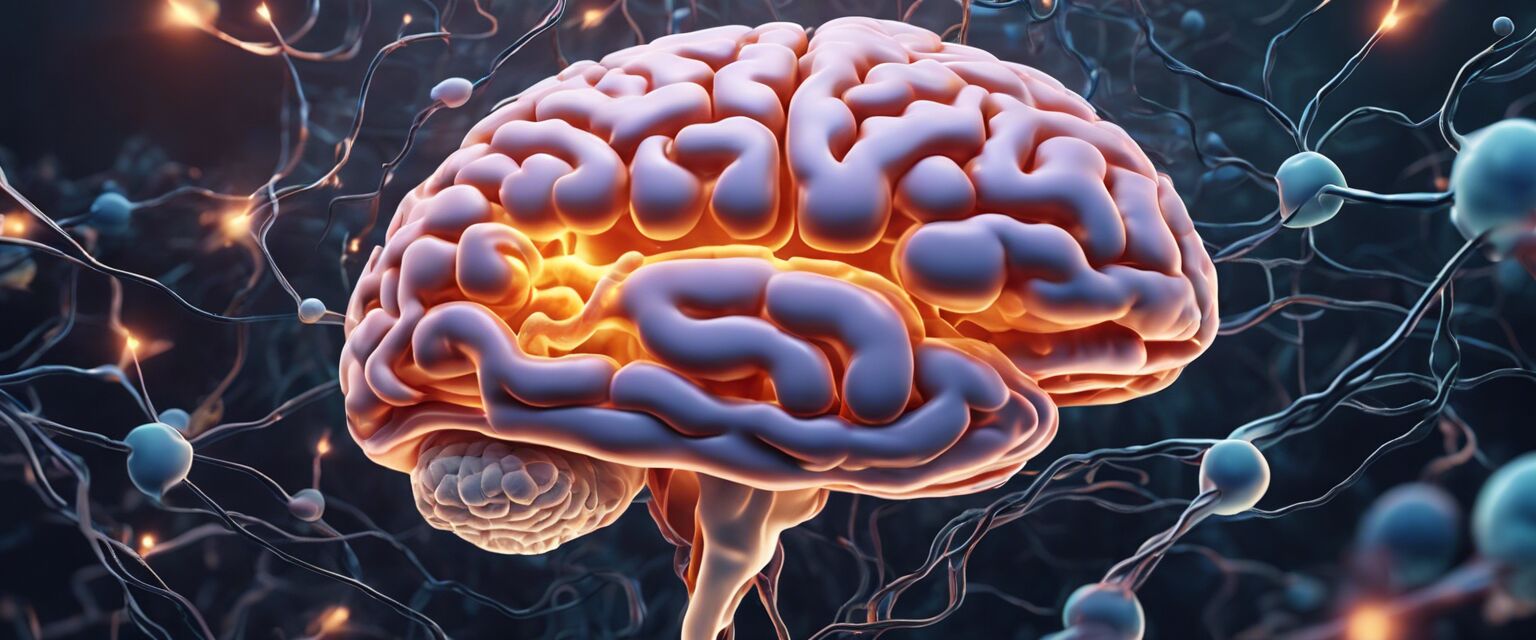
Food sensitivities and allergies
Key Takeaways
- Food sensitivities and allergies can significantly impact digestive health.
- Identifying triggers through elimination diets is essential for management.
- Natural supplements may support digestive health.
- Consulting with a healthcare professional is recommended for personalized management.
Understanding food sensitivities and allergies is crucial for maintaining digestive health. Many people experience discomfort due to various foods without realizing they have a sensitivity or allergy. This article will explore how to identify and manage these issues effectively.
What are food sensitivities and allergies?
Food sensitivities and allergies are two distinct conditions that can lead to unpleasant digestive symptoms. It's important to differentiate between them:
| Aspect | Food Sensitivities | Food Allergies |
|---|---|---|
| Definition | Adverse reaction to certain foods that may cause digestive issues. | Immune system response to specific proteins in foods. |
| Symptoms | Bloating, gas, diarrhea, stomach cramps. | Hives, swelling, difficulty breathing, anaphylaxis. |
| Diagnosis | Often through elimination diets or symptom tracking. | Allergy testing by a healthcare professional. |
| Treatment | Avoidance of trigger foods; digestive health supplements. | Immediate avoidance of allergens; emergency medication if necessary. |
Identifying food sensitivities
To effectively manage food sensitivities, you need to identify the specific foods causing issues. The following methods can help:
1. Keeping a food diary
Tracking what you eat and any symptoms that follow can help pinpoint potential triggers.
2. Elimination diet
This involves removing suspected foods from your diet for a period, then gradually reintroducing them to see if symptoms return. Common foods to eliminate include:
- Dairy
- Gluten
- Eggs
- Soy
- Nuts
- Shellfish
3. Consulting a healthcare professional
A registered dietitian or healthcare provider can provide guidance on identifying and managing food sensitivities effectively.
Managing food allergies
Food allergies require a more stringent management approach. Here are steps to consider:
1. Read food labels
Always check labels for allergens. Look for terms like "may contain" or "produced in a facility that processes." It's essential to stay informed about the ingredients in packaged foods.
2. Carry emergency medication
If you have a diagnosed food allergy, carry an epinephrine auto-injector in case of accidental exposure.
3. Inform others
Let friends, family, and restaurant staff know about your allergies to avoid accidental consumption.
Natural supplements for digestive health
While managing food sensitivities and allergies, consider incorporating natural supplements that may support digestive health:
- Digestive enzymes: Help break down food substances and may alleviate symptoms.
- Probiotics: Support gut health and balance gut flora.
- Fiber supplements: Aid in digestion and promote regularity.
- Herbal supplements: Certain herbs may support digestive wellness, such as ginger and peppermint.
Common food sensitivities
Some foods are known to commonly cause sensitivities. Here's a list of frequently reported culprits:
| Food | Common Symptoms |
|---|---|
| Dairy | Bloating, gas, diarrhea |
| Gluten | Abdominal pain, fatigue, headaches |
| Fructose | Bloating, cramps, diarrhea |
| FODMAPs | Gas, bloating, stomach pain |
| Histamines | Headaches, skin rashes, digestive issues |
Conclusion
Understanding and managing food sensitivities and allergies is vital for maintaining digestive health. By identifying triggers and implementing effective strategies, individuals can improve their quality of life. If you suspect you have food sensitivities or allergies, itâs always best to consult with a healthcare professional for personalized advice.
Tips for better digestive health
- Stay hydrated: Drink plenty of water throughout the day.
- Eat smaller, more frequent meals: This can help ease digestion.
- Include fiber: Add more whole grains, fruits, and vegetables to your diet.
- Manage stress: Practice relaxation techniques like yoga or meditation.
- Get enough sleep: Prioritize quality rest for overall well-being.
Pros
- Improved digestive comfort and health.
- Increased awareness of food consumption.
- Potential for overall better health and wellness.
Cons
- Can be restrictive and challenging to manage.
- May require additional time for meal preparation.
- Possibility of nutritional deficiencies if not well-planned.







